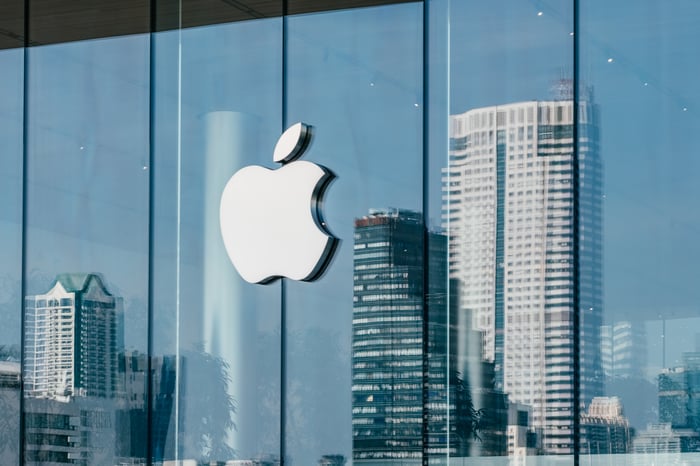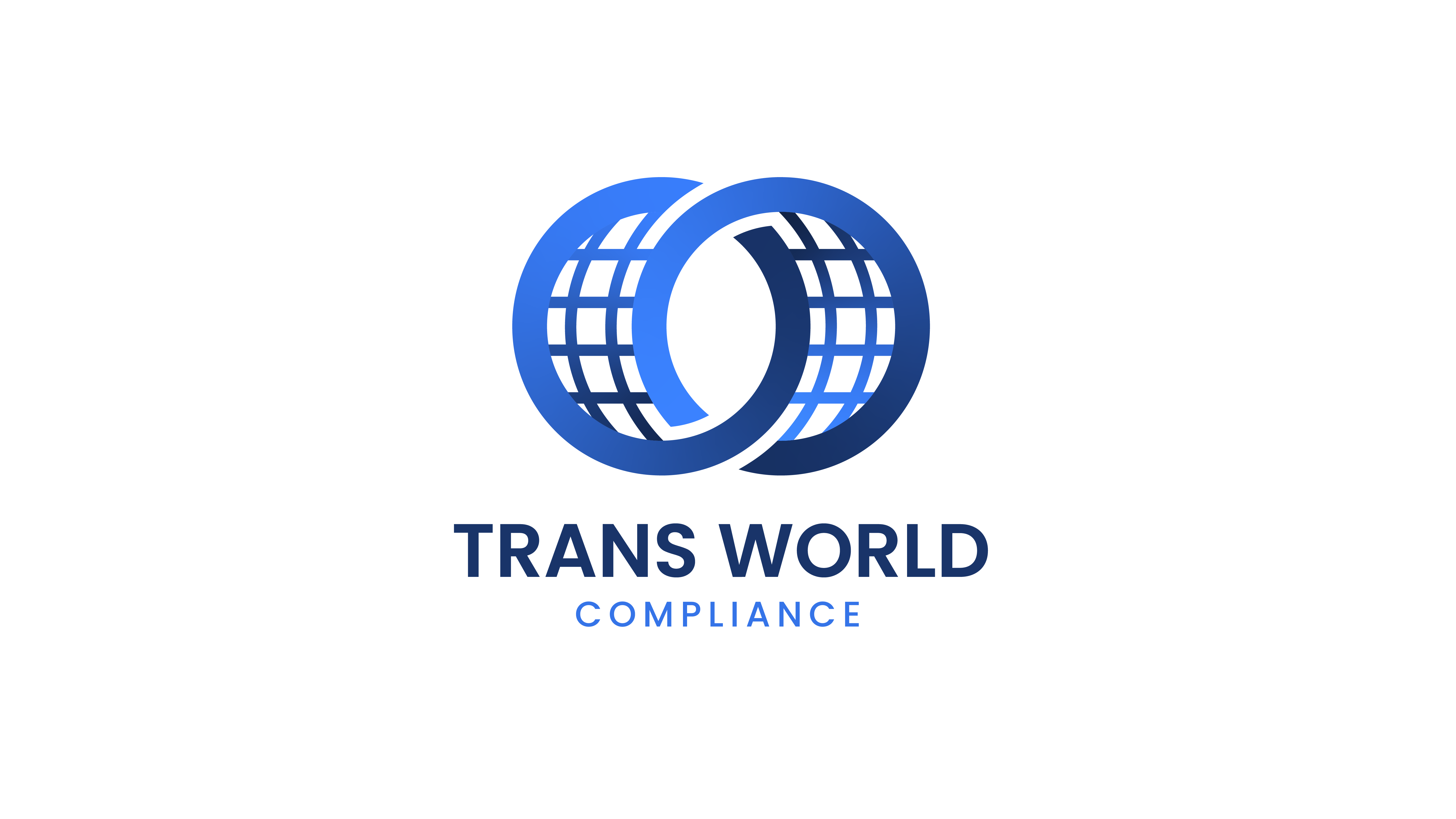Three news to start your week: November 13
Congress Must Aid Fight Against Illicit Use of Crypto, Treasury Official Says
(Wall Street Journal)
Citing digital asset flows purportedly linked to the Palestinian militant organization Hamas, a senior Treasury Department official stated that the Biden administration is seeking additional legislative authority to support the campaign against the illegal use of cryptocurrencies.
At the annual meeting of the trade association Securities Industry and Financial Markets Association in Washington, Deputy Treasury Secretary Wally Adeyemo stated that Treasury has been communicating with both Democrats and Republicans regarding potential actions.
The attack on Israel by Hamas on October 7th, according to Adeyemo, has "increased focus on the illicit financial use of digital assets." In the open, Hamas has attempted to raise money with cryptocurrencies.

WeWork files for bankruptcy protection amid office space downturn
(Financial Times)
WeWork, a co-working startup co-founded by Adam Neumann and supported by billions of dollars from Japan's SoftBank, has humbled itself by filing for bankruptcy protection.
The company that wanted to transform office real estate was unable to overcome the combined effects of the costly leases it had signed before the COVID-19 pandemic and the declining occupancy rates that came with the rise in popularity of hybrid working.
WeWork announced that it had reached a deal with almost all its creditors to turn $3 billion in outstanding bonds and loans into shares in the restructured business. WeWork can also end leases early under Chapter 11 with little financial penalty. It wants to reorganize its lease obligations, which total more than $13 billion.

Apple should pay €13bn Irish tax, argues EU lawyer
(BBC)
A European Court of Justice legal advisor has contended that a decision that spared Apple from having to pay €13 billion in back taxes ought to be reversed.
This is the most recent development in the protracted dispute between the Irish government, the US tech giant, and the EU.
A decision that concluded Apple had received unlawful tax breaks from the Irish government was reversed three years ago. However, the Court of Justice's Advocate General Giovanni Pitruzzella recommended reexamining the case.
He contended that the ruling in favor of Apple had failed "to assess correctly the substance and consequences of certain methodological errors that, according to the Commission decision, vitiated the tax rulings," and a number of legal errors had been made.





